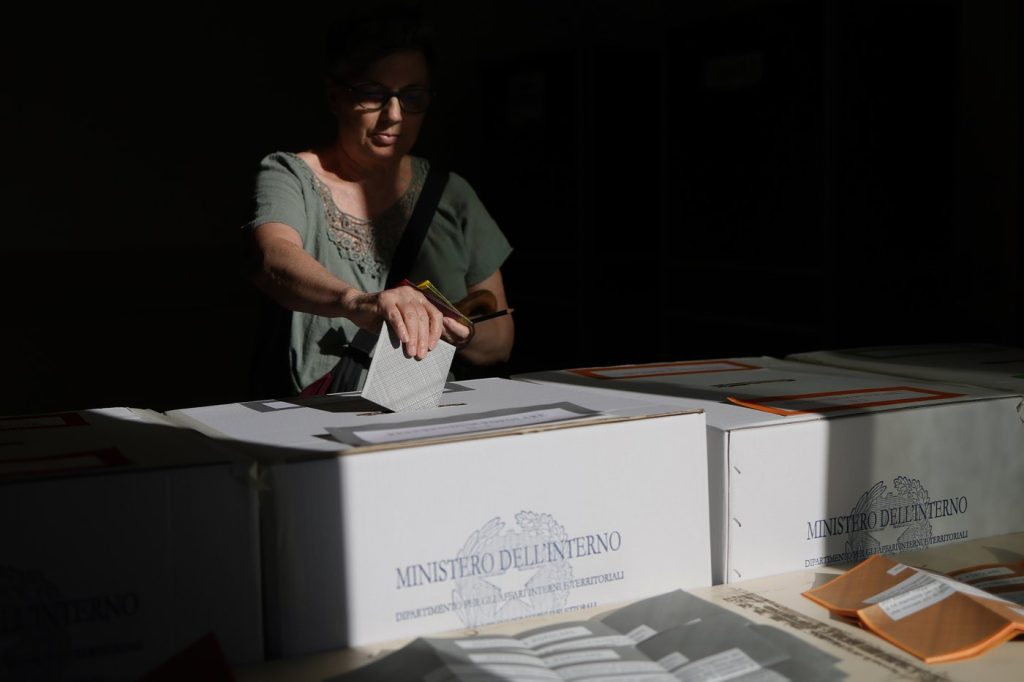Italians cast their votes in a crucial referendum on June 8 and 9, 2025, with the potential to ease citizenship acquisition for children born in Italy to foreign parents and to enhance job protections. However, early turnout data revealed a concerning participation rate of only 22.7%, significantly lower than the 41% recorded during a similar referendum in 2011. This low turnout poses a significant risk, as it falls below the required threshold for the referendums to be considered valid, which stands at 50% plus one vote.
Advocates for the proposed changes in citizenship law argue that these reforms could significantly facilitate the integration of second-generation Italians who are born to non-European Union parents. The new regulations are expected to impact approximately 2.5 million foreign nationals in Italy, many of whom face challenges in securing citizenship recognition. The measures were championed by Italy's principal trade unions and left-wing opposition factions.
On the evening of June 8, Premier Giorgia Meloni visited a polling station but did not cast her ballot, a move that attracted criticism from left-wing groups. They accused her of an undemocratic stance, as her abstention would not contribute to achieving the necessary voter turnout. Political analyst Wolfango Piccoli noted Meloni's reluctance to openly encourage abstention among her coalition members, characterizing her approach as a continuation of her historically cautious political strategy.
Supporters highlight that the reform aims to align Italy’s citizenship laws with those of other European nations, thereby fostering greater social integration for long-term residents. The proposed changes would facilitate quicker access to essential civil and political rights, such as voting, eligibility for public sector employment, and freedom of movement throughout the European Union.
Selam Tesfaye, an activist with the Milan-based human rights organization Il Cantiere, emphasized the urgency of the issue, stating that neither supporters nor opponents of the tentative reform fully grasp the challenges faced by children born to foreign parents in Italy when attempting to acquire residency permits. This sentiment was echoed by activists and opposition parties, who condemned the perceived lack of public discourse surrounding the measures. They argued that the current center-right government is attempting to downplay debates on issues that have a direct impact on immigrants and workers within the country.
In May, Italy's AGCOM communications authority filed a complaint against RAI state television for failing to provide adequate and balanced coverage of the referendum issues. Public awareness of the referendum topics was notably low, with opinion polls indicating that only 46% of Italians were informed about the subjects at hand. Projections for voter turnout during the referendum were considered bleak, particularly since it coincided with the first weekend of Italy's school holidays, with estimates hovering around 35% of approximately 50 million eligible voters.
Political analyst Lorenzo Pregliasco suggested that the referendum process should be revisited, taking into account the significant levels of abstention observed in recent elections and the need to potentially lower the turnout threshold. Despite the likelihood of the referendum failing, some analysts posit that the center-left opposition could still claim a partial victory if turnout exceeds the 12.3 million who supported the winning center-right coalition in the 2022 general elections, thereby demonstrating sustained interest and engagement among their constituents.











